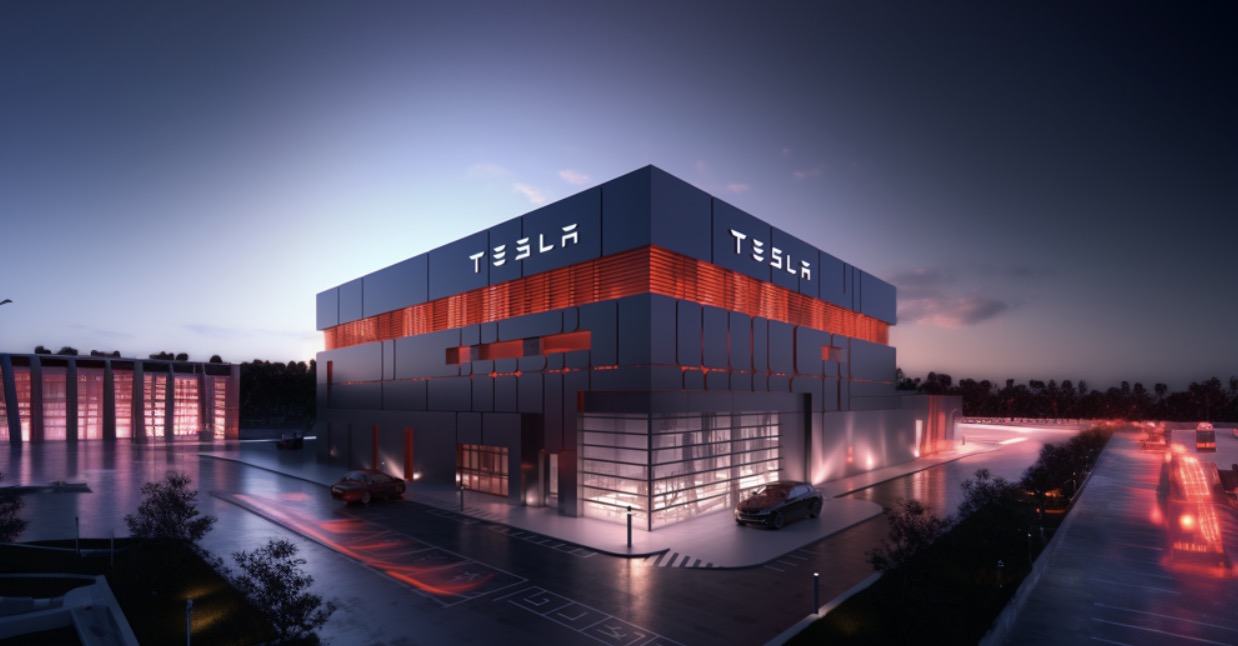Tesla's Bold Move: Will China's New Data Center Revolutionize Self-Driving Tech?


Tesla, the electric vehicle juggernaut, has set its sights on a bold new initiative: constructing a cutting-edge data center in China dedicated to advancing its self-driving technology. According to sources close to the matter, this data center aims to train the crucial algorithms needed to bring Tesla's vision of fully autonomous vehicles closer to reality. Following CEO Elon Musk's recent visit to China, Tesla seems to be inching closer to launching its 'Supervised Full Self-Driving' in the country, having already secured conditional governmental approval.
The significance of Tesla's latest move lies in its strategy to manage self-driving data directly within China, a country notorious for its stringent data privacy regulations and concerns over surveillance. For years, Tesla has faced scrutiny regarding the handling of data gathered from its vehicles, with instances like the temporary bans imposed by Chinese authorities due to spying fears. By establishing a local data center, Tesla aims to mitigate these concerns and ensure that the vast amounts of data collected from its vehicles remain within China’s borders.
The Road to Data Management Compliance
Securing Chinese regulatory approval didn't come easy for Tesla. The automaker reportedly entered into agreements to manage self-driving data locally, a tactical move that could help the company gain the trust and confidence of Chinese authorities. The establishment of the data center is likely a direct outcome of these negotiations, designed to alleviate governmental concerns regarding data security and privacy.
In its quest to optimize its Full Self-Driving (FSD) technology for Chinese roads and driving behaviors, Tesla's data center will need to process a colossal amount of video footage collected from Tesla vehicles operating within China. This localized approach ensures compliance with Chinese data regulations and facilitates real-time performance adjustments, ultimately making the FSD system more reliable and efficient for Chinese users.
A Historical Perspective and Future Implications
This isn't Tesla's first foray into developing data centers with unique capabilities. Previous reports indicated that the company planned to build pioneering data centers specifically designed to support its growing autonomous driving initiatives. The new data center in China follows this precedent, yet it represents a significant evolution by taking into account the country-specific regulatory landscape and market expectations.
The anticipated data center will not only bolster Tesla’s technological capabilities but also serve as a significant geopolitical play. Tesla has always been at the nexus of cutting-edge technology and contentious global issues, and this move highlights the company's adeptness at navigating the complex regulatory environments of different countries. Establishing a data center in China could set a precedent, urging other tech giants to develop similar localized approaches to meet diverse regulatory requirements globally.
Implications for Global Autonomous Driving
If successful, Tesla’s new China-based data center could serve as a model for other markets that are cautious about the global flow of data. It will also be a key test case for the scalability of local data management models in enhancing the safety and efficiency of self-driving algorithms. As Tesla continues to evolve its FSD capabilities, the insights gained from this venture could potentially be applied to improve its self-driving systems worldwide.
It's a critical step for Tesla as the company works towards its ambitious goal of creating fully autonomous vehicles. By aligning its strategy with local regulations, Tesla not only enhances its technological edge but also fortifies its market position in one of the world's most significant automotive markets.
While the data center is still in its early planning stages, the move signals Tesla’s commitment to overcoming regulatory hurdles and pioneering innovations in the realm of autonomous driving. As the world watches, Tesla's actions in China could very well shape the future trajectory of self-driving technology on a global scale.